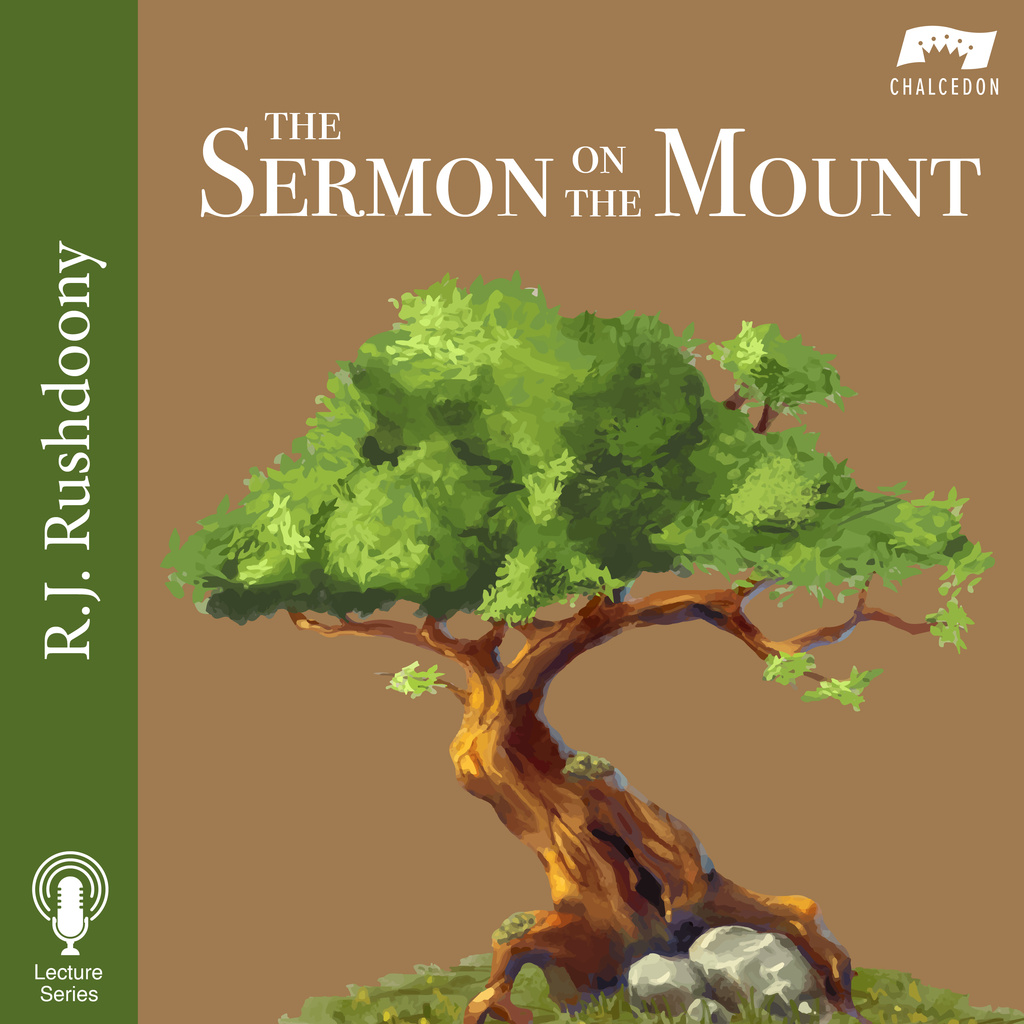
Sermon on the Mount
So much has been written about the Sermon on the Mount, but so little of the commentary ventures outside of the matters of the heart. The Beatitudes are reduced to the assumed meaning of their more popular portions, and much of that meaning limits our concerns to downplaying wealth, praying in secret, suppressing our worries, or simply reciting the Lord's Prayer.
Run Time: 3 hrs and 54 mins

- R. J. Rushdoony,
- Nathan Conkey
Audiobook Sample
So much has been written about the Sermon on the Mount, but so little of the commentary ventures outside of the matters of the heart. The Beatitudes are reduced to the assumed meaning of their more popular portions, and much of that meaning limits our concerns to downplaying wealth, praying in secret, suppressing our worries, or simply reciting the Lord's Prayer.
All of these commandments are most important, but the larger meaning is missed when the sermon is not read and understood from within the context of the New Covenant. As the author writes, "The covenant made by Jesus Christ is new, because it is with a new people, the new church or assembly of God's firstborn (Heb. 12:22-24), but it is the same covenant with Adam, Noah, Abraham, and Israel; the same tree of life is the life of the covenant, but new branches are grafted into it, and the dead branches are pruned out (Rom. 11:17-24). The tree of life, Jesus Christ, is the center and life of the New Jerusalem, God's Kingdom and city, in every age (Rev. 22:1-2)
The Beatitudes are the Kingdom commission to the new Israel of God, and R. J. Rushdoony elucidates this powerful thesis in a readable and engaging commentary on the world's greatest sermon.

- R. J. Rushdoony
Rev. R.J. Rushdoony (1916–2001), was a leading theologian, church/state expert, and author of numerous works on the application of Biblical law to society. He started the Chalcedon Foundation in 1965. His Institutes of Biblical Law (1973) began the contemporary theonomy movement which posits the validity of Biblical law as God’s standard of obedience for all. He therefore saw God’s law as the basis of the modern Christian response to the cultural decline, one he attributed to the church’s false view of God’s law being opposed to His grace. This broad Christian response he described as “Christian Reconstruction.” He is credited with igniting the modern Christian school and homeschooling movements in the mid to late 20th century. He also traveled extensively lecturing and serving as an expert witness in numerous court cases regarding religious liberty. Many ministry and educational efforts that continue today, took their philosophical and Biblical roots from his lectures and books.
- Nathan Conkey